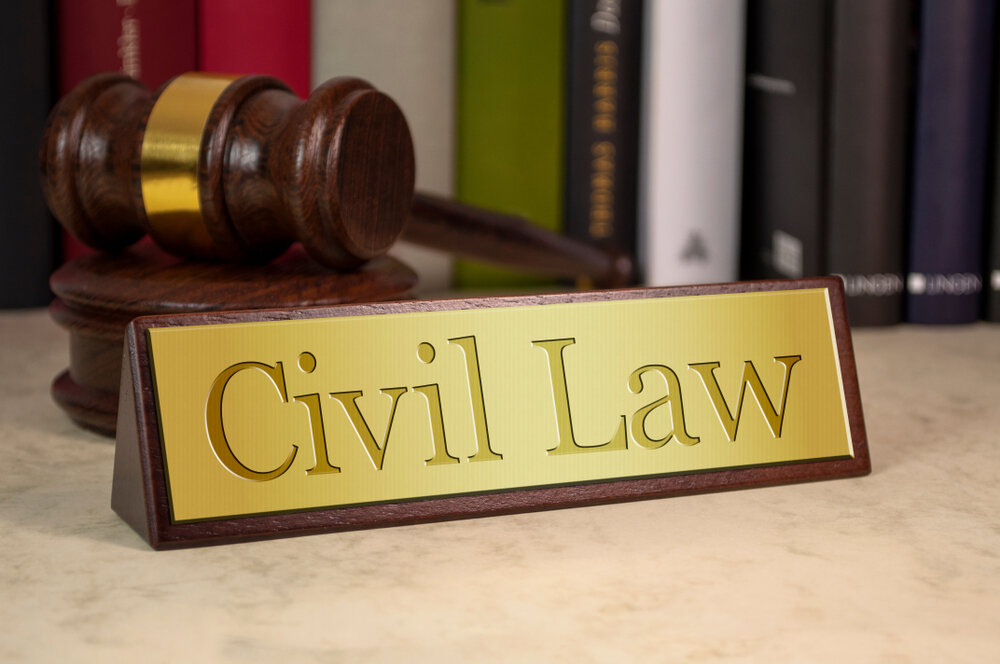Deciphering American Civil Law: A Comprehensive Guide
American civil law is a vast and intricate system that governs disputes between individuals and entities, ranging from contractual matters to personal injury claims. Delving into its intricacies reveals a tapestry of statutes, precedents, and legal doctrines that shape the landscape of civil litigation in the United States.

Historical Foundations
The roots of American civil law can be traced back to English common law principles brought over by early colonists. Over time, these principles evolved through legislative enactments, judicial decisions, and societal changes, giving rise to a distinct legal framework that reflects the nation’s unique history and values.
Key Components of American Civil Law
Tort Law
Tort law constitutes a significant portion of American civil jurisprudence, encompassing a wide array of civil wrongs that result in harm or injury to individuals or their property. From negligence and defamation to intentional torts such as assault and battery, this branch of law … Read more
 In Canada, a criminal record just isn’t issued when a person is acquitted of against the law that they were charged with. So what is it that the State must show in an effort to maintain the defendant from being admitted to bail and then being able to bond out in the course of the pre-trial course of? The State must prove that the offense is a capital offense i.e., capital or first degree intentional murder (could also be punished by the dying penalty); and capital sexual battery (sexual penetration on a baby under 12 years previous). Or, the State must prove that the offense is one that is punishable by life imprisonment. These very severe offenses are listed in Florida Statute section 907.041. Once the State proves that the charged offense is either a capital offense or one punishable by life imprisonment, then the State has the burden to …
In Canada, a criminal record just isn’t issued when a person is acquitted of against the law that they were charged with. So what is it that the State must show in an effort to maintain the defendant from being admitted to bail and then being able to bond out in the course of the pre-trial course of? The State must prove that the offense is a capital offense i.e., capital or first degree intentional murder (could also be punished by the dying penalty); and capital sexual battery (sexual penetration on a baby under 12 years previous). Or, the State must prove that the offense is one that is punishable by life imprisonment. These very severe offenses are listed in Florida Statute section 907.041. Once the State proves that the charged offense is either a capital offense or one punishable by life imprisonment, then the State has the burden to …